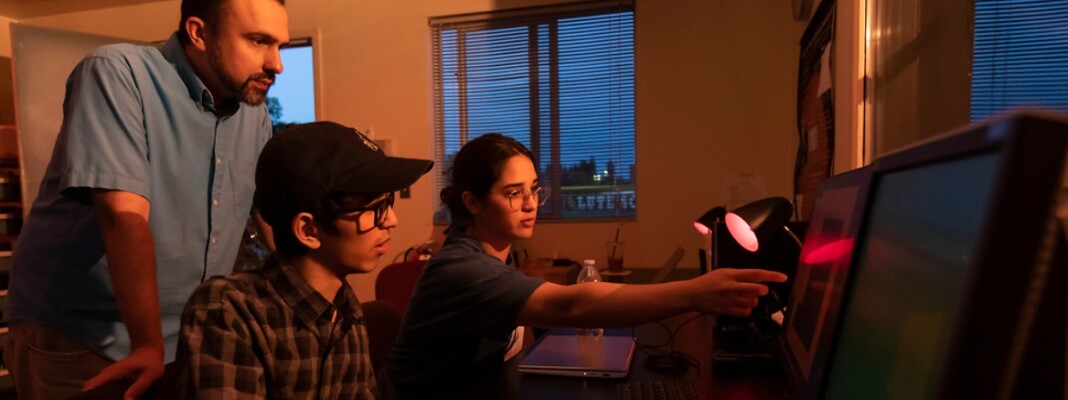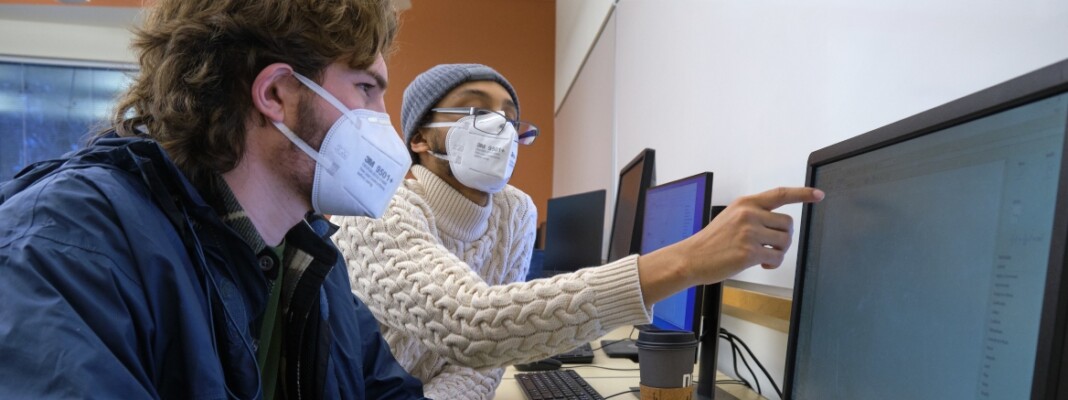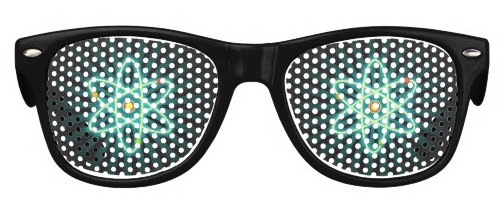Step into a world of wonder
Physics is the scientific study of the material universe at its most fundamental level.
A physicist might study the inner workings of atoms and nuclei, the size and age of the universe, the behavior of high-temperature superconductors, or the life cycles of stars, from their formation out of interstellar gases to their end-states as pulsars or black holes.
Physicists use high-energy accelerators to search for quarks; they design new laser systems for applications in medicine and communications; they heat hydrogen gases to temperatures above those at the sun’s core in the attempt to develop nuclear fusion as an energy resource.
From astrophysics to nuclear physics to optics and crystal structure, physics encompasses some of the most fundamental and exciting ideas ever considered.
The Department of Physics offers bachelor of science and bachelor of arts degrees in physics, a bachelor of science degree in applied physics, and a bachelor of arts in education degree for secondary-level physics teachers. A minor in physics is also available and is often selected by students with majors in mathematics, chemistry, computer science or engineering.







Social Media